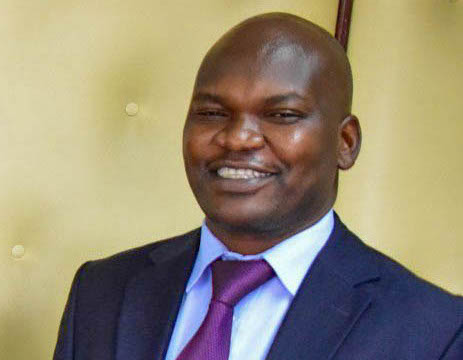The Independent Electoral and Boundaries Commission (IEBC) has given aspirants with corruption cases the green light to vie in the August general election.
The commission said it cannot bar anyone from vying for any elective seat in the election citing the High Court ruling that allowed President Uhuru Kenyatta and his deputy William Ruto to run for office despite facing charges at the International Criminal Court (ICC) in 2013.
IEBC’s Director of Legal and Public Affairs Chrispine Owiye through an affidavit swore one is legally presumed innocent until proven otherwise, therefore averting the need to impede judicial processes.
“The commission understands the court's decision in the case against President Kenyatta and DP Ruto that we must strike a balance between the right of an individual to contest in an election and the presumption of innocence of any accused person,” the affidavit read.
IEBC said that in response to a suit filed by activist Okiya Omtatah who filed a petition to have politicians with integrity issued to be barred from taking part in the elections.
Read More
Omtatah said letting aspirants with questionable integrity run for public office would threaten the country’s constitutional order.
He also submitted that leaders with corrupt backgrounds would harm the country’s government and impede the country’s fight against corruption.
However, the IEBC maintained it was the Ethics and Anti Corruption (EACC)’s duty to provide records of the integrity of individuals even though they are not in a position to bar individuals from contesting.
“We might have the integrity records of an individual but unless it is backed by an order of court or quasi-judicial body, it is not possible to block such candidates from contesting in the election,” Owiye stated.
This comes just a fortnight after the Director of Public Prosecutions Noordin Haji stopped the approval of graft files linked to politicians.
He also said the files will not be acted upon before the general election.
Haji said his office will not be charging politicians with corruption cases during the campaign period to allow them to focus on their campaigns.










-1757586635.jpg)